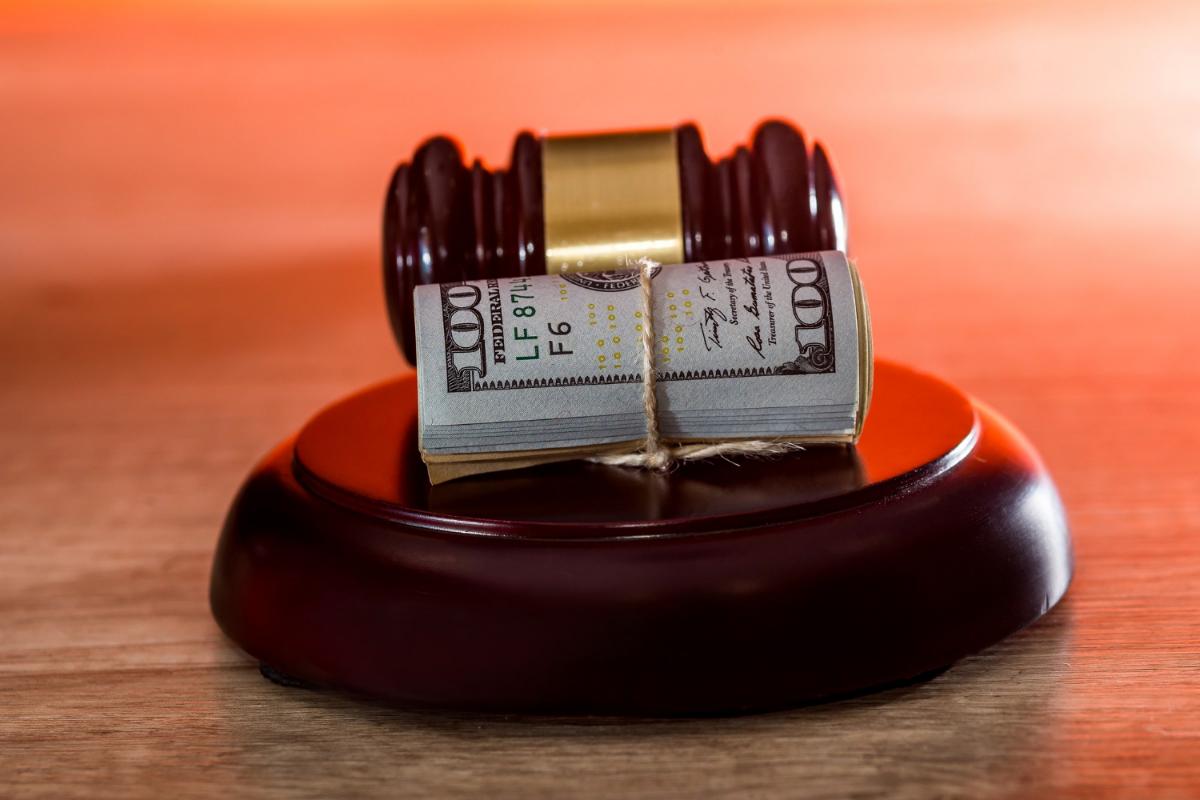


Are you wondering how the courts make the decision to set the amount of bail for those who have been arrested? You may hear these numbers and think that the severity of the crime is the only determining factor, but there are many more considerations. Courts need to weigh different aspects of the entire case before they make an educated decision appropriate for this particular instance. No case is the exact same, so this may require some time before a decision is made. When courts determine the amount of money set for bail bonds in Orlando, they weigh a number of factors before they reach a decision.
One of the main factors that determine bail is the obvious: the nature of the crime committed. If the crime was violent, fatal, or dangerous in nature, they may set bail higher than expected. This is because the person is likely considered to be a threat to the community or himself. However, if they have committed a misdemeanor offense, they may have a lower bail amount. The courts may use guidelines to help determine bail amounts for specific crimes or categories of crime. This helps to standardize the process, but it doesn't mean that every crime will have the same amount of bail.
Upon first glance, there may be reasonable evidence to believe that the defendant is actually guilty or innocent before the case even goes to trial. If a conviction seems likely, the bail amount will likely be set higher. This is in hopes that the defendant won't try to avoid punishment for their actions and run for it. Each arraigning judge uses their best judgement to determine whether they believe the defendant will follow the terms of their bail or not. This information helps them set bail.
Judges cannot always follow the exact guidelines for each and every crime, because the individuals that commit the crimes also must need to be taken into account. The judge will look at the defendant's history and record. A person who has previous records of convictions will likely receives a higher bail, because they are now repeat offenders. If the defendant has always complied with the terms of the bail and appeared in court when they were required to, the judge will also take this responsibility into account. Defendants who have failed to hold up their end of the bargain will likely not have a second chance, with their bail being set for higher to prevent unsatisfactory behavior.
Whether or not the defendant is already in the system for other crimes they have been convicted for will also help determine bail for this new crime. Repeat offenders are likely to have a higher amount of bail because they are likely to continue repeating their behaviors. Judges will take into consideration the entire criminal record a defendant already has. For those that are arrested for the first offense, they will likely get a lower number of bail and be able to be released quickly.
Judges have a civil duty to keep the community safe by determining whether or not bail is appropriate for each case. If a defendant is believed to be a threat to himself or the community, they may decide to not allow bail or set bail for an extremely high number. This is done in order to keep the defendant in prison where he cannot bring damage or harm to anyone else. When the defendant shows no remorse or has committed an unspeakable, violent crime, they will always set bail higher to protect the community from this threat.
Whenever the crime committed somehow relates to how someone makes their living, the judge may have to adjust bail accordingly to ensure that the defendant makes their court appearance. For example, if someone is arrested for selling drugs, they may continue to do so in order to make their living. The judge will then adjust bail to help guarantee that the defendant will not break the terms of their bail agreement and still make their court date. Without a court date, the defendant can be re-charged or re-arrested.
If the judge believes the defendant to be a flight risk, they will set bail higher than expected or even deny bail at all. A flight risk is someone that is likely to avoid appearing at their court date. If the defendant has a criminal history of not showing up for their court appearances, they will likely not be granted this privilege moving forward. If the defendant has been caught fleeing from their crime, the judge may also deem them to be a flight risk because they are attempting to avoid their punishment. Whenever they meet bail, they agree to show up at any court-mandated meetings or dates to continue with their legal processes. If this action is in question, the judge will take that into consideration when they post the bail amount.
These are the main factors that a court will consider when they assign an amount for someone's bail after they have been arrested. Sometimes, they may not even want the person to be released, so they will actually set no bail at all. This means that the defendant has no opportunity to gain bail bonds in Orlando for release and must remain in jail throughout their court proceedings. This is often a severe case, for most people that have misdemeanors or small offenses will be permitted bail. If you or one of your loved ones are in need of bail bonds in Orlando, you want to trust the more reliable and efficient bondsman with the job. Contact us to hear about how we can help you secure the bonds to get released from jail today.